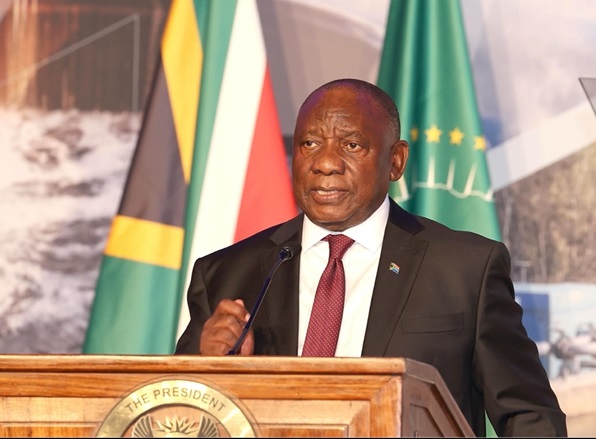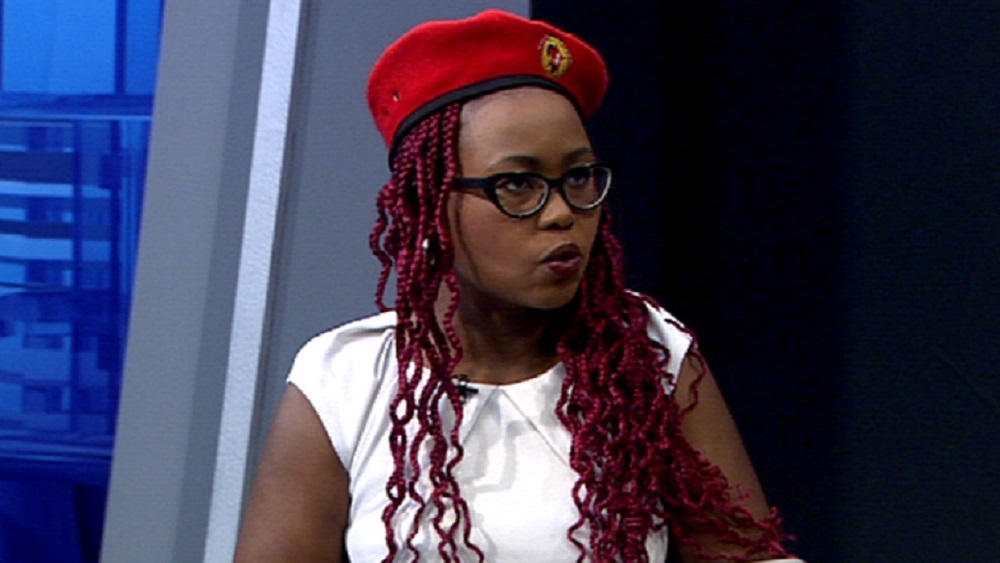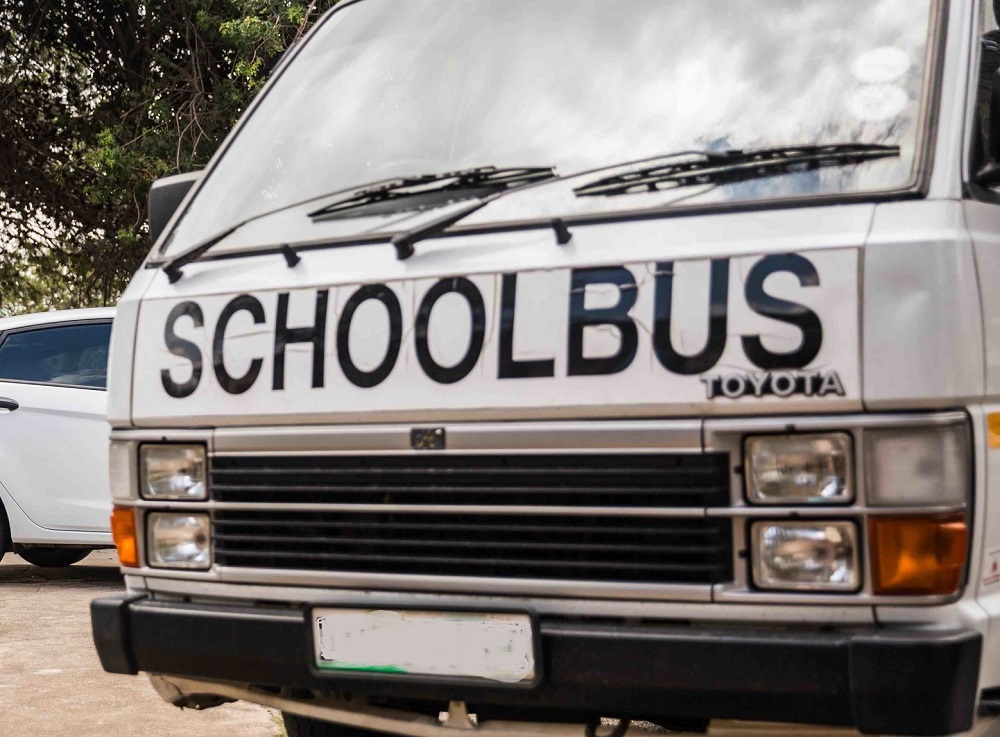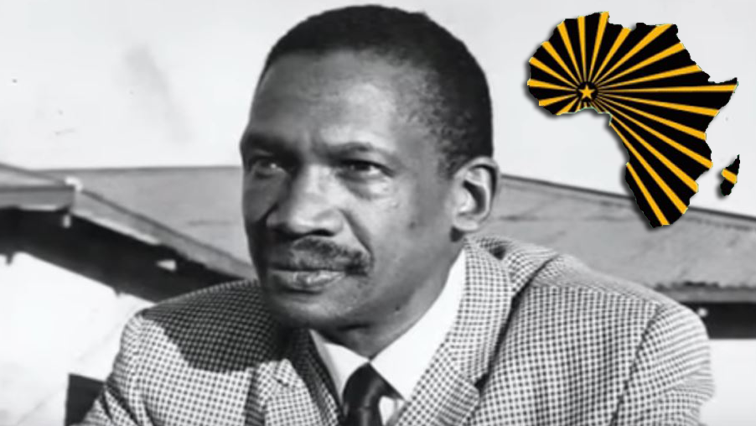-
Ramaphosa at the Water Indaba
President Cyril Ramaphosa says that the time for talking shop is over as government and stakeholders must find solutions to the country’s water crisis.
Ramaphosa was speaking at the two-day National Water and Sanitation Indaba, taking place in Midrand, Gauteng.
The Indaba is set to address the country’s water crisis, which has been exacerbated by water leaks, illegal connections and dilapidated infrastructure.
Ramaphosa says that stakeholders taking part in the two-day gathering must come up with solutions to the country’s water crisis.
“What is needed now is course correction. We need to correct what is going wrong. We also need a comprehensive plan that will expand access to water and sanitation services, improve the quality of water and sanitation infrastructure, and bring stability and good governance to all the entities involved in the South African water stewardship.”
The President emphasises the need for modern methods to improve water resource management. He calls on local government to address financial mismanagement and enhance revenue collection to prevent service delivery issues.
“The mismanagement in our local government space must also come to an end. We must use modern methods of managing our water. We must use advanced methods to make sure that the management of this very important resource is well managed.”
SA Water Crisis | Addressing the country’s water crisis
https://www.youtube.com/watch?v=P7xNcVGt1iA
Meeting SDG 6 by 2030?
Experts warn that South Africa is unlikely to meet Sustainable Development Goal 6 by 2030 due to the current state of the water sector. They argue that establishing a dedicated water regulatory body is essential to addressing the sector’s challenges.
Sustainable Development Goal 6 aims to achieve universal and equitable access to safe and affordable drinking water for all by 2030.
The challenges facing South Africa’s water and sanitation sector far outweigh the progress being made.
Teboho Mofokeng, a lecturer in UCT’s Department of Civil Engineering, highlights several critical issues, including municipal audit reports showing widespread failure to achieve clean audits. Ageing infrastructure is further strained by the rapid growth of informal settlements and illegal connections.
Additionally, unpredictable weather patterns—marked by frequent droughts and heavy rainfall—exacerbate the crisis. Mofokeng stresses that due to these factors, along with significant delays in infrastructure investment, achieving Sustainable Development Goal 6 within the next five years is unrealistic.
Treasury says efforts are underway to introduce an independent economic regulator to ensure fair pricing and sustainable management of water services.
At the same time, government says reforms are underway in the rail, energy, and water sectors to improve the functioning of these services.
In the water sector, it says the focus remains on improving municipal water services and promoting private-sector participation. -Additional reporting by Liabo Setho






